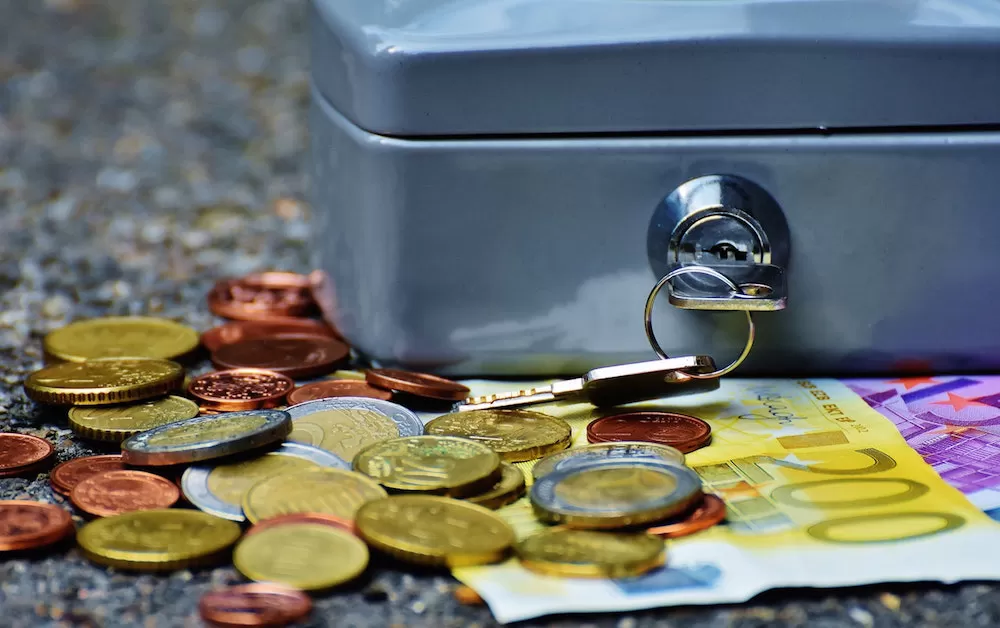
Depending on your status in the country, there are two types of bank accounts you can open in Spain. They're namely a resident bank account and a non-resident bank account. As what their titles suggest, the former is for when you're actually going to live in the country for a long time (possibly the rest of your life) and the latter is for when you frequently visit Spain without actually settling here. Though resident bank accounts tend to have more perks and will give you more rewards in the long run, if you're not actually going to live in Spain, a non-resident bank account is more for you.
Perhaps one of the best things about opening a bank account in Spain is that you can already do it before you actually step foot in the country. Especially if you're going to open a non-resident account for the duration of your trip here. However, it's still very much possible to open up your resident account online as well. Just go to your chosen bank's website and if they have an online medium upon which you can set up your account, go on right ahead. Also very common are going to local branches of international banks that also operate in Spain.

Now, what documents do you need in order to set up a bank account in Spain? As you might expect, the list differs for when you open up a resident account to a non-resident account. For the former, you'll need a valid ID, proof of residency, your Spanish NIE number, and proof of your employment status. Getting an NIE number is part of the immigration process of Spain, so before you become an official resident of the country, you'll would have received yours. For your proof of residency, you're rental lease or utility bills are valid.
What about opening a non-resident bank account in Spain? What specific documents do you need for this? This list includes a valid ID as well, proof of accommodation, and proof of employment. Now, if you're a citizen of any EU country, your national identity card will work as your valid ID. In fact, they'll prefer it rather than your passport, license, and the like. Meanwhile, you can also provide proof of accommodation by providing your temporary rental lease in Spain as well. And as for your proof of employment, your certificate of employment, company ID, or your latest income tax return from your employer will do!

When choosing a Spanish bank to set up your account in, it's all about accessibility! It's better to go for international banks, that way, if you're opening up a non-resident account, you can still access it from the local branch in your home country. Speaking of branches, if you moved to Spain, it's better to go for local banks that have branches within your vicinity. You shouldn't have to go all the way to the neighboring town for a transaction. And finally, it's a lot better if your chosen Spanish bank has its own online platform. That way, you can make various transactions from wherever you are.
With all that said and done, which banks should you go for in Spain? BBVA is a strong contender! It's suitable for setting up either a resident or a non-resident account. Why? Because it has a strong online platform already. Not to mention they charge little to no fees when you make transactions. La Caixa is also popular because of its complementary rewards. While these aren't the most important things when it comes to banking, they do provide great incentives. And finally, the UK-born international bank of Santander. Simply because it's international, it’s already a bank you should consider!

Setting up a bank account in Spain should be one of the first things you do when you go to or move to the country. Fortunately, the process is easy, simple, and flexible enough to what your current status is in the country.
When everything's all said and done, you can finally choose a Spanish luxury rental as your new home here. Paying for it will be a lot easier once you've set up your account.